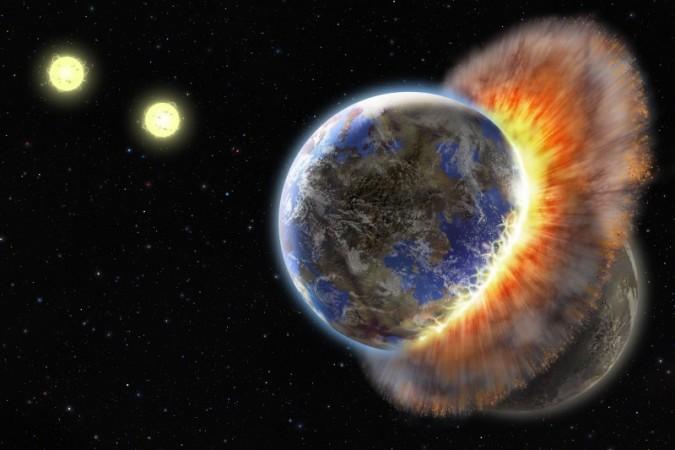
Experts believe that several possibilities including climate change, death of the Sun and a rogue asteroid hit will bring doomsday on Earth in the future. If such an event happens in its full fury, the entire humankind and the entire living forms on the planet will face extinction, and the Earth will turn into an inhabitable barren land, as depicted in post-apocalyptic movies like 'Mad Max: Fury Road'.
To combat such an event and to protect humanity, experts have already put forward several plausible plans. One such plan is to colonise a different planet, and the most potential candidate for interplanetary colonisation is Mars. Experts believe that moving to our planet's next door neighbour is quite easy, and this planet may even survive the sun's destruction. It should be also noted that humans have already landed Rovers on Mars, and this ease in assailability makes Red Planet the perfect spot for human colonisation.
Space agencies like NASA and private companies like SpaceX have already started formulating plans for Mars colonisation, and a few months back, Elon Musk, the SpaceX founder had sensationally claimed that the government in Mars will be based on direct democracy.
Even though Mars colonisation remains the perfect action plan to protect the planet from doomsday, a rocket scientist has recently put forward a different solution to save humankind. Matteo Ceriotti, a lecturer in space systems engineering, University of Glasgow suggested that moving Earth to a different orbit could be another way by which the planet can be saved from a mass extinction event.
Matteo Ceriotti made these remarks in an essay he wrote for Conversation. Ceriotti revealed that this concept which was recently narrated in the Chinese science fiction film 'The Wandering Earth' can be embraced in real life, and Earth can be moved away using thrusters, light sails, and interplanetary billiards to prevent doomsday events.
"In five billion years, the sun will run out of fuel and expand, most likely engulfing the Earth. A more immediate threat is a global warming apocalypse. Moving the Earth to a wider orbit could be a solution – and it is possible in theory," wrote Matteo Ceriotti in the Conversation.
As per Matteo Ceriotti, electric thrusters can be a choice to move Earth from its orbit. However, the researcher reveals that the electric thrusters humans can create here on the Earth will not be capable to move the Earth from its orbit. The most plausible option to move the Earth can be achieved by interplanetary billiard. The concept of interplanetary billiard is simple, and it involves inducing slingshots from space bodies like asteroids to move Earth.
In the essay, Matteo Ceriotti revealed that colonising Mars will be a much viable option than moving the Earth to protect humankind from doomsday.
"While it (moving Earth) is theoretically possible, and may one day be technically feasible, it might actually be easier to move our species to our planetary next-door neighbour, Mars. After considering how challenging it would be to move the Earth, colonising Mars, making it habitable and moving Earth's population there over time, might not sound as difficult after all," concluded Ceriotti.

















